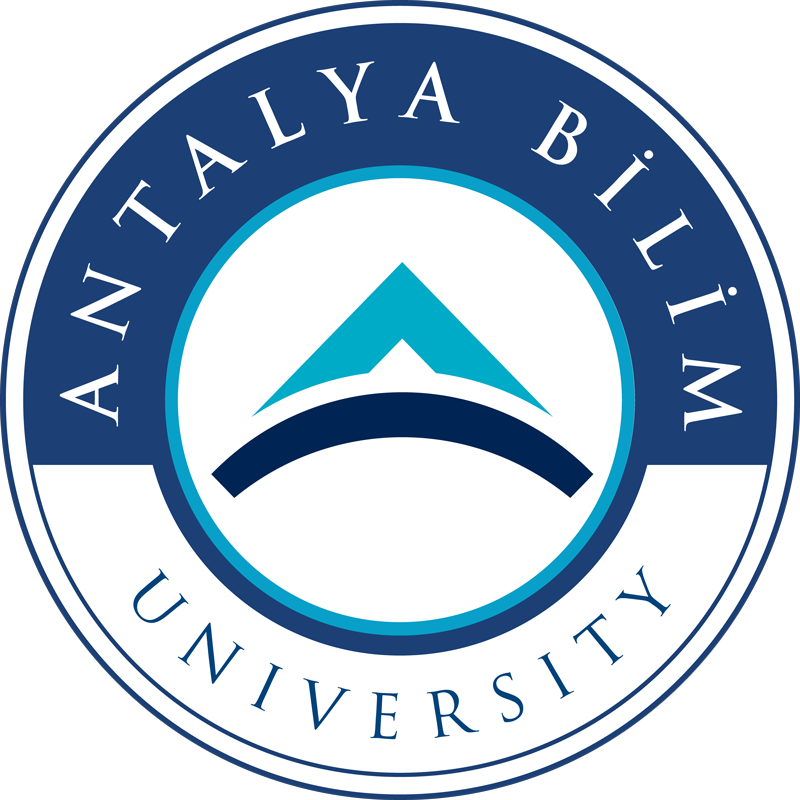WHAT IS POLITICAL SCIENCE AND INTERNATIONAL RELATIONS?
- Generally speaking, the concept of politics revolves around the use of force and authority to achieve certain goals. With this consideration, our department is concerned with following both domestic and foreign political players, observing the interplay of institutions and processes, and analyzing current topics and debates in politics using both available data and by producing new data.
- Our department teaches the theoretical approach to understanding domestic and foreign political dynamics by utilizing relevant levels of analysis, methodologies, and fundamental concepts. We emphasize scientific methods to understand how domestic and foreign politics is managed and created.
GENERAL INFORMATION ABOUT COURSES IN OUR DEPARTMENT
- Our department offers students courses in both political science and international relations. Generally, students of foreign political science and international relations (the diploma will be in International Relations) take classes in:
- Theory of International Relations
- Diplomatic History
- Analysis of Foreign Politics
- International Law
- International Organizations and Security
- Other related
Those students who are primarily interested in internal political mechanisms and related issues in political science will take classes in:
- Comparative Political Systems
- History of Political Thought
- Elections Politics
- Democracy and Political Participation
- Political Sociology
- Constitutional Law and Political Economy
- Other related
Along with these courses, students in both divisions will take classes in the quantitative and qualitative methodologies needed to research the underlying factors at play. Students may also take additional electives related to their fields.
WHAT SHOULD I CONSIDER WHEN SELECTING A CAREER IN THIS DEPARTMENT?
- Students who are interested in world history, enjoy thinking about the nature of domestic and foreign politics, who want to know about the global players who are impacting our nation today, who are curious about their history and political culture, who keep up with current events and are aware of social and political topics, and who are avidly interested in gathering data in the information age and presenting topics about it will enjoy studying in our department.
WHERE CAN I WORK AFTER GRADUATING FROM THIS DEPARTMENT?
- Typically, our department trains diplomats for the Foreign Office and high-level administrators for other government institutions. Aside from these traditional career paths, our graduates can find work as administrators in both the government and in private industry (such as media and foreign trade) as specialists and analysts. Among the organizations that have employed our graduates are civil organizations, think tanks, and international and regional organizations. Additionally, some of the students in our department chose academic careers in order to contribute to the advancement research and methodology,
POLITICAL SCIENCE AND INTERNATIONAL RELATIONS AT ABU
- Antalya Bilim University's faculty places a high value on research, and their own research is highly respected in international academic circles in their field.
- Students also have the opportunity to learn a second language in addition to English as they advance to the upper levels of the program. The fact that over 30% of our graduates are international students adds a unique advantage to the department. It is natural and easy to learn foreign languages and benefit from the merits of globalization in our school’s international and cultured environment.
- Socializing with students from different countries is an important opportunity to expand one's curiosity and interest in other cultures.
- Additionally at ABU, through ERASMUS and other international exchange programs, our students are able to study for one or two semesters in Europe and beyond.
- Through existing bilateral agreements, our students have the opportunity to live and study in countries such as Brazil, the USA, and South Korea.
